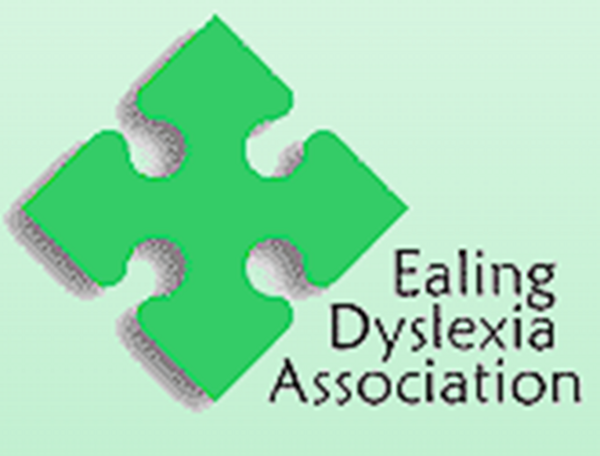Dyslexia is a specific learning difficulty which primarily affects reading and writing skills. However, it does not only affect these skills. Dyslexia is actually about information processing. Dyslexic people may have difficulty processing and remembering information they see and hear, which can affect learning and the acquisition of literacy skills. Dyslexia can also impact on other areas such as organisational skills.
What is Dyslexia? - British Dyslexia Association (www.bdadyslexia.org.uk)
Nature
The nature and developmental trajectory of dyslexia depends on multiple genetic and environmental influences.
Manifestation
Dyslexia is a set of processing difficulties that affect the acquisition of reading and spelling. The most commonly observed cognitive impairment in dyslexia is a difficulty in phonological processing (i.e. in phonological awareness, phonological processing speed or phonological memory). However, phonological difficulties do not fully explain the variability that is observed. Working memory, processing speed and orthographic skills can contribute to the impact of dyslexia.
Impact
In dyslexia, some or all aspects of literacy attainment are weak in relation to age, standard teaching and instruction, and level of other attainments. Across languages and age groups, difficulties in reading and spelling fluency are a key marker of dyslexia.
Variance and co-occurrence
Dyslexic difficulties exist on a continuum and can be experienced to various degrees of severity. Dyslexia can affect the acquisition of other skills, such as mathematics, reading comprehension or learning another language. Dyslexia frequently co-occurs with one or more other developmental difficulties, including developmental language disorder, dyscalculia, ADHD, and developmental coordination disorder.
Carroll, J., Holden, C., Kirby, P., Snowling, M. J., & Thompson, P.A. (2024)
It tends to be resistant to conventional teaching methods, but its effects can be mitigated by appropriately specific intervention, including the application of information technology and supportive counseling.
It is estimated that 1 in 10 of the UK‘s population has some form of dyslexia. The condition varies from person to person and no two people will have the same set of strengths and weaknesses.
Dyslexics often have strong, visual, creative and problem solving skills and with these an ability to think outside of the box. They thrive in creative industries like visual and performing arts; in the information technology and engineering sectors where their ability to consider problems from different angles and provide innovative solutions is much sort after.
Famous living dyslexics include: Bill Gates founder of Microsoft; actors Anthony Hopkins and Orlando Bloom; the director Stephen Spielberg; musicians Cher and Noel Gallagher; the architect Richard Rogers, chef Jamie Oliver, engineer and scientist Maggie Aderin-Pocock, all of whom are high achievers in their specialist fields.
